Safeguarding Our Planet's Health
Pollution significantly threatens our planet's well-being, human health and the environment. To address this challenge, the implementation of pollution prevention is crucial. By adopting proactive strategies and actions, we can mitigate the release of pollutants and preserve our ecosystems. This article explores key pollution prevention and control measures that can help us build a sustainable future.
How To Reduce Pollution?
- Source Reduction
- End-of-pipe Treatment
- Recycling and Reuse
- Energy Efficiency
- Transportation Measures
- Environmental Regulations and Standards
- Environmental Impact Assessments
- Public Awareness and Education
- Practice Sustainable Agriculture
Source Reduction
One of the most effective ways to combat pollution is by reducing the generation of waste and pollutants at their source. Industries can implement cleaner production techniques, such as modifying processes, using eco-friendly materials, and adopting efficient technologies. By minimizing waste production and resource consumption, we can reduce the overall environmental impact. Implement proper waste disposal methods, including landfill management, waste-to-energy technologies, and composting to reduce landfill emissions.
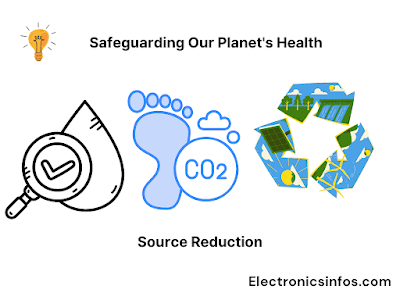 |
| Safeguarding Our Planet's Health |
End-of-pipe Treatment
End-of-pipe treatment involves installing pollution control devices, like scrubbers and filters, to remove harmful substances from industrial emissions. Similarly, wastewater treatment plants employ various processes to cleanse and purify wastewater before its safe discharge into water bodies. Prevent water pollution by minimizing runoff from agriculture, industry, and urban areas. Support water conservation measures and treat wastewater before discharge.
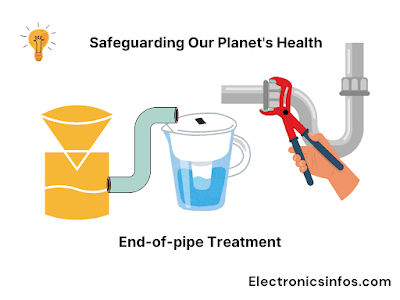 | |
|
Recycling and Reuse
Recycling and reusing materials play a crucial role in pollution prevention. By implementing recycling programs and encouraging responsible waste management, Minimising waste by reducing consumption, reusing items whenever possible, and recycling materials like paper, plastic, glass, and metal.
 |
| Safeguarding Our Planet's Health |
Energy Efficiency
Energy consumption is closely linked to pollution, particularly in the form of greenhouse gas emissions. Use energy-efficient appliances, LED lights, and insulate buildings to reduce energy consumption and lower emissions from power generation. The transition to renewable energy sources, such as solar or wind power, further helps combat both air and water pollution.
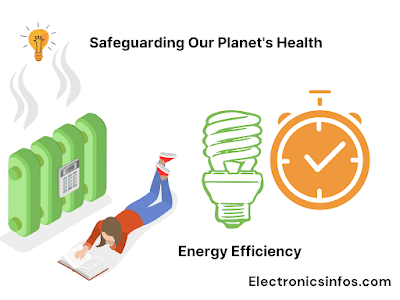 |
| Safeguarding Our Planet's Health |
Transportation Measures
Transportation is a significant contributor to pollution, primarily through vehicle emissions. Use public transportation, carpool, bike, or walk whenever feasible. Opt for fuel-efficient vehicles and maintain them regularly to reduce emissions.
 |
| Safeguarding Our Planet's Health |
Environmental Regulations and Standards
Government regulations and standards play a pivotal role in pollution prevention and control. Enforce strict emission standards for industries, promote cleaner production processes, and invest in pollution control technologies like scrubbers and filters. regulatory bodies can hold industries accountable for their environmental impact.
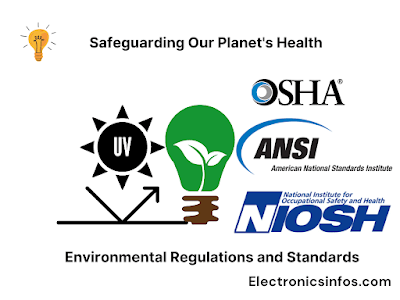 |
| Safeguarding Our Planet's Health |
Environmental Impact Assessments
Environmental impact assessments evaluate potential risks and identify measures to mitigate adverse effects on the environment. Advocate for and support policies that promote clean air, water, and land, including regulations on emissions, waste management, and conservation efforts.
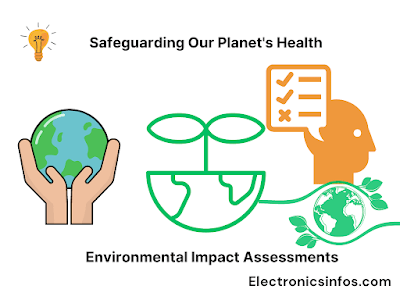 |
| Safeguarding Our Planet's Health |
Public Awareness and Education
Educating and raising awareness among the public is vital to promoting a culture of sustainability. By providing information on pollution prevention strategies, offering resources, and fostering environmental consciousness, individuals and communities can actively participate in pollution control efforts. Small lifestyle changes, such as reducing waste, conserving energy, and choosing eco-friendly products, collectively make a significant impact.
 |
| Safeguarding Our Planet's Health |
Practice Sustainable Agriculture
Use organic farming practices, minimize pesticide and fertilizer use, and promote crop rotation and soil conservation to reduce agricultural pollution.
Conclusion
Pollution prevention and control measures are critical components of building a sustainable future. By implementing source reduction strategies, employing end-of-pipe treatment, promoting recycling and reuse, and focusing on energy efficiency, transportation improvements, and environmental regulations, we can make substantial progress in reducing pollution.

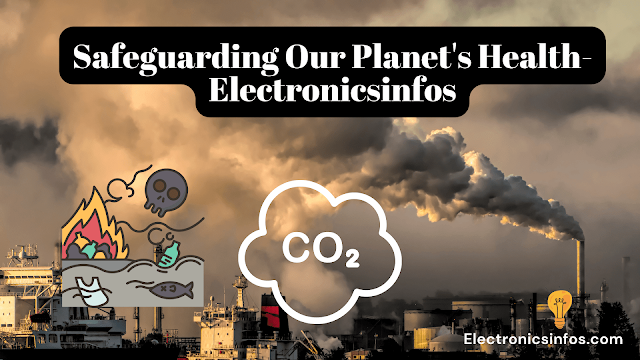
-Electronicsinfos.png)



0 Comments
please do not insert spam links